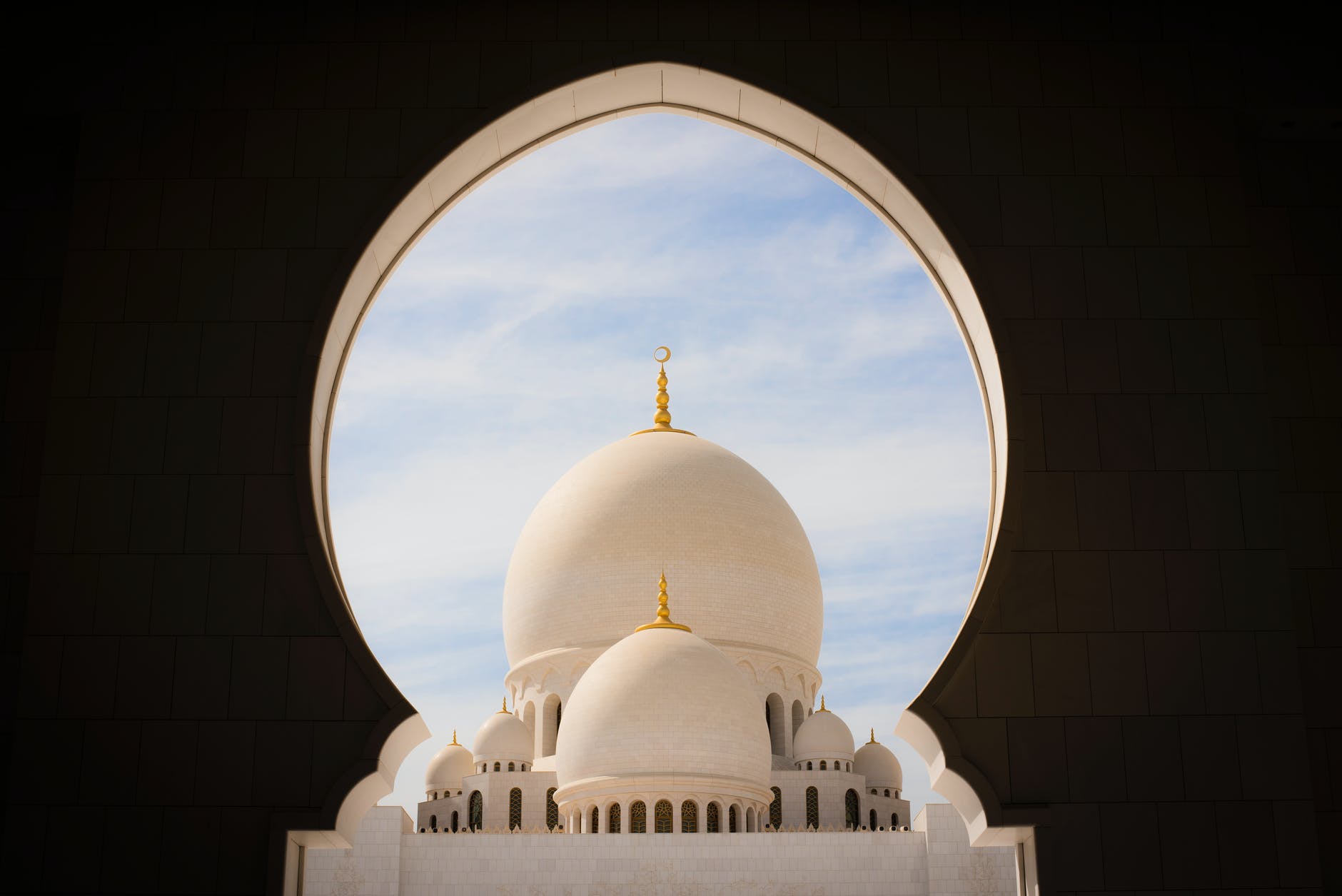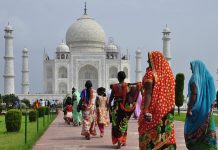
The impact of the coronavirus pandemic on Ramadan 2020 made many changes to the way Muslims observe the holy month.
In Indonesia, the country temporarily banned domestic road, air and sea travel to curb the spread of coronavirus.
Indonesia is the world's most populous Muslim nation. Millions of people go home to celebrate with families in an annual tradition called mudik.
However, the world is battling with the coronavirus pandemic. Indonesia banned all holiday travel and suspended public transport between major cities. Tens of thousands of troops are guarding checkpoints.
Private vehicles and motorbikes cannot travel in and out of the major cities that are coronavirus hot spots.
Government data shows Indonesia already reported 8,211 coronavirus cases and 689. Indonesian President Joko Widodo announced a national public health emergency on March 31. However, he has not issued a nationwide lockdown yet.
Muslims will have to observe strict social distancing measures in coronavirus hotspots, such as the capital Jakarta, for Ramadan 2020. Families and friends cannot visit each other and break their fast together with the iftar meal.
True meaning of fasting
Indonesia's Ulema Council and Nahdlatul Ulama, the country's largest Islamic organizations, asked Muslims not to pray together in the mosques.
"There is no splendor on the streets, the mosque space is in silence, the new atmosphere we will feel, absorbing the true meaning of fasting that we run," President Joko Widodo said. He encouraged Muslims to focus on private prayer and treat fasting a personal worship.
"Let's welcome the blessing Ramadan as a moment to break the chain of transmission of the plague for the sake of personal safety, relatives and the entire nation," he said.
Train services will not resume until June 15. The government also banned air travel until June 1. Travel by sea restrictions will be in place until June 8, according to Indonesian Transportation Ministry spokesperson Adita Irawati.
Meanwhile, cargo transportation is exempt from the ban.
"Some exceptions are allowed for logistics, food supply, medicine supply, transportation for paramedics, fire department, and ambulance," Irawati said.
She noted that the measures do not completely block national roads and highways. However, there will be checkpoints to enforce regulations.
Muslim traditions
The holy month includes special night prayers called "taraweeh" at the mosque.
While mosques remain open, Muslims cannot pray together inside.
Villagers in rural areas formed taskforces to promote social distancing and hygiene measures while praying.
Shabbarin Syakur, an activist with the Islamist group Majelis Mujahidin, in Cemani village in Sukoharjo District's Central Java Province, said almost all of the 30 mosques in his town still allow group prayers like Friday prayers.
"Last night I went to my big mosque with other one hundred people to do Tarawih, or night praying, in Ramadan. I am not scared or afraid because we are living in a green zone and we also do a Covid-19 protocol in the mosque," he said.
A green zone refers to an area that without confirmed cases of coronavirus, but remain under surveillance.
"At the same time we also shortened the praying duration, erasing Imam's speech, and breaking fast together in the mosque," he said.
"The situation here in the villages are different than in Jakarta. So we educate villagers that they don't really need to be panic or scared. Instead we educate them on how to be safe and secure themselves by understanding Covid-19 protocol in our mosque. So we can still do fasting month in Ramadan in peacefully," he said.






